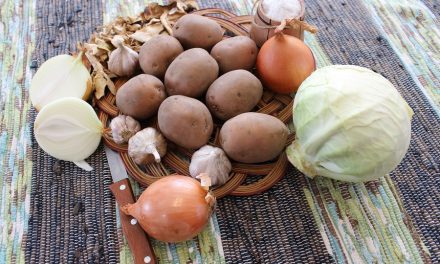Organic meat and milk RICHER in Omega-3 fatty acids
The Guardian reports that a new study, conducted by scientists from the UK, Poland, Norway, Italy, Denmark, Switzerland, Greece and Turkey, has shown organic meat and milk to be much richer in omega-3 than conventionally “farmed” products, and that organic meat also contains a lower amount of harmful saturated fats (these fats have previously been linked to an increased risk of heart disease).
For those of us who have been willing to pay a little more for certain (or all) organic products, choosing our health over cheaper food, this is good news. But, as many people in the alternative medicine, natural medicine, and health communities have been saying that these products don’t offer the same health benefits that organics do for some time, we aren’t surprised.
Omega- 3 fatty acids are important for both a healthy heart and neurological development (that’s why baby formula makers include it). From the article, co-author Chris Seal, says:
“Omega-3s are linked to reductions in cardiovascular disease, improved neurological development and function, and better immune function. Western European diets are recognized as being too low in these fatty acids and the European Food Safety Authority recommends we should double our intake. But getting enough in our diet is difficult. Our study suggests that switching to organic could go some way towards improving intakes of these important nutrients.”
And organic milk was found to contain 40 percent more linoleic acid, and have a bit higher concentrations of iron, vitamin E and some carotenoids. Professor Carlo Leifert, of the Nafferton Ecological Farming Group:
“People choose organic milk and meat for three main reasons: improved animal welfare, the positive impacts of organic farming and the perceived health benefits. But much less is known about the impacts on nutritional quality, hence the need for this study.
Several of these differences stem from organic livestock production and are brought about by differences in production intensity, with outdoor-reared, grass-fed animals producing milk and meat that is consistently higher in desirable fatty acids such as the omega-3s, and lower in fatty acids that can promote heart disease and other chronic diseases.”
The team of two dozen researchers, used nearly 200 peer-reviewed studies on milk and 67 on meat, to do their meta-analysis (a statistical technique for combining the findings from independent studies by combining data from two or more randomized control trials). Studies used noted the values of fatty acid composition and the concentrations of certain minerals and anti-oxidants. Before this, the team worked on a global study concerning organically produced crops; this study proved that, “plants nurtured on an organic farm with natural ingredients to help them grow and keep the pests away, had up to 60 percent higher levels of antioxidants than conventionally grown fruits and vegetables.”
Good work team. Keep it up!
Source: Inquisitr












